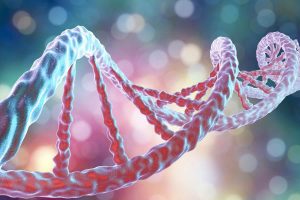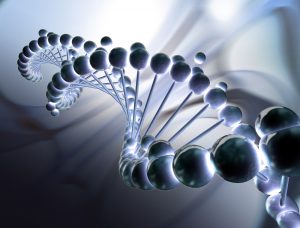Scientists at the Stanford University School of Medicine (USA) have found a way to most safely identify, and on the basis of this, then treat, various diseases of the fetus while still in the womb. For the first time, they deciphered the genome of a fetus using only a sample of the mother’s blood.
Until now, the methods used in the world are far from being so effective and safe. They involve taking amniotic fluid or chorion villi (future fetus). The probability of errors with this method is one in two hundred cases. In addition, only a limited number of genetic abnormalities can be detected in this way.
“We are interested in finding fetal conditions that can be treated before birth or immediately after. Without such diagnoses, newborns with treatable metabolic or immune disorders will suffer until the symptoms of the disease become apparent,” commented lead researcher Dr. Stefan Quake.
The Stanford study notes that no father’s DNA is required, and this is an advantage when the child’s paternity cannot be established, the man is unavailable or unwilling to take a DNA test.
The new technology is based on the fact that both her

own DNA and the baby’s DNA circulate in the blood of a pregnant woman, which can reach 30% of the total by the end of the third trimester of pregnancy. The scientists believe their approach brings in utero genetic testing of fetuses one step closer to mainstream clinical practice.
In their work, the researchers studied the exome of the embryo and as a result identified DiGiorgi syndrome (DGS) in the fetus, which is caused by the loss of a portion of chromosome 22 and leads to immune deficiency. Newborns with this disease also have feeding problems, heart defects, and convulsions as a result of low calcium levels.
“We have always known that the detection of chromosomal abnormalities https://en.wikipedia.org/wiki/Chromosome_abnormality in the fetus is just the tip of the iceberg, and the future lies in the diagnosis of individual gene defects. Our study confirms that it is possible to detect them simply by using a maternal blood test,” said study co-author Dr. Yar Blumenfeld, assistant professor of obstetrics and gynecology at Stanford Medical University school.


